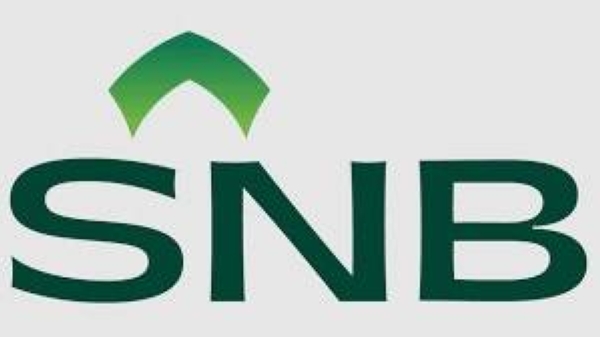
ZURICH (Reuters) - When Credit Suisse reports earnings on Thursday, investors will get an insight into how aftershocks from the Archegos and Greensill scandals are being felt across its investment bank just as its rivals are flourishing.
Credit Suisse’s flagship wealth business is expected to ride the wave of frothy markets that has helped private bankers generate higher earnings off the rich.
But analysts expect a nearly $600 million hole caused by more losses on stricken fund Archegos and further weakness in its trading and advisory businesses to bring second-quarter net profit down to a quarter of its value a year ago.
That will mark a painful slide when competitors have felt the benefits of an economic recovery and a jump in dealmaking.
Switzerland’s second-biggest bank has cut risk after its prime brokerage business lost more than any other competitor from the collapse of family office Archegos, and as its asset management division scrambles to return some $10 billion of client investments linked to insolvent supply chain finance firm Greensill.
Those scandals have prompted a swathe of sackings, executive changes and regulatory investigations, while changes and bonus cuts at its investment bank have prompted an exodus of deal-makers, particularly in the United States.
Credit Suisse has lost more than 40 senior bankers in its advisory business, and a dozen senior bankers on the trading side, according to a tally of public reports by Reuters.
Credit Suisse declined comment.
The departures have been particularly focused in its M&A advisory business and across the United States and high-growth Asia.
Analysts on average expect that to translate to a 19% drop in second-quarter capital markets and advisory revenue, a notable contrast to competitors who have smashed profit estimates thanks to record M&A volumes.
Gains in investment banking helped main rival UBS to a 63% net profit jump, as Chief Executive Ralph Hamers pointed to the bank taking “quite some market share” over recent months.
Credit Suisse has slipped to seventh place in global M&A league tables, according to Refinitiv data to July 22, from sixth place in 2020, losing ground to European rival Barclays.
In Europe, its second-quarter investment banking fees dropped to $214 million, the data shows, giving it a tenth placement in regional league tables, down from sixth place a year ago, when it earned $355 million in fees.
Smaller wealth management rival Julius Baer, meanwhile, unveiled plans to begin offering M&A advisory services to its clients as it posted record assets under management.
But not everyone expects the effects to show up already in the second quarter, at least in dealmaking.
“I don’t think revenues will have disappeared two months after the event,” Vontobel analyst Andreas Venditti said, adding revenues are often booked later for deals that take months to arrange. “It’s a timing issue. I would definitely expect an impact, but rather in the second-half, from key people departing.”
Venditti expects Credit Suisse’s advisory revenues to increase this quarter, while he forecasts its equities trading business will show a drop more pronounced than peers.
SPAC SLIPPAGE
Even where staff have stayed put, Credit Suisse’s investment bank has felt the impact of shifting relations.
Credit Suisse came to dominate the market for listing blank-cheque vehicles known as SPACS in 2020 through early ties it forged with “SPAC king” Chamath Palihapitiya. The bank acted as sole book-runner on all of his group Social Capital’s previous listings.
Social Capital’s SPACs accounted for roughly $3.66 billion of Credit Suisse’s total SPAC volumes, around 29% of its total, in 2020, according to SPAC Research.
But whereas Credit Suisse dominated the top slot in SPAC underwriting in 2020, it now sits in third place behind Citigroup and Goldman Sachs, with half the market share it held in 2020.
And in June, Palihapitiya’s Social Capital unveiled four new blank-check companies looking to raise a total of $800 million through initial public offerings, for which Morgan Stanley would be acting as sole book runner.
Social Capital declined comment.
Reporting by Brenna Hughes Neghaiwi, Oliver Hirt and Pamela Barbaglia; Additional reporting by Abhinav Ramnaryan; Editing by Anil D’Silva
Our Standards: The Thomson Reuters Trust Principles.












